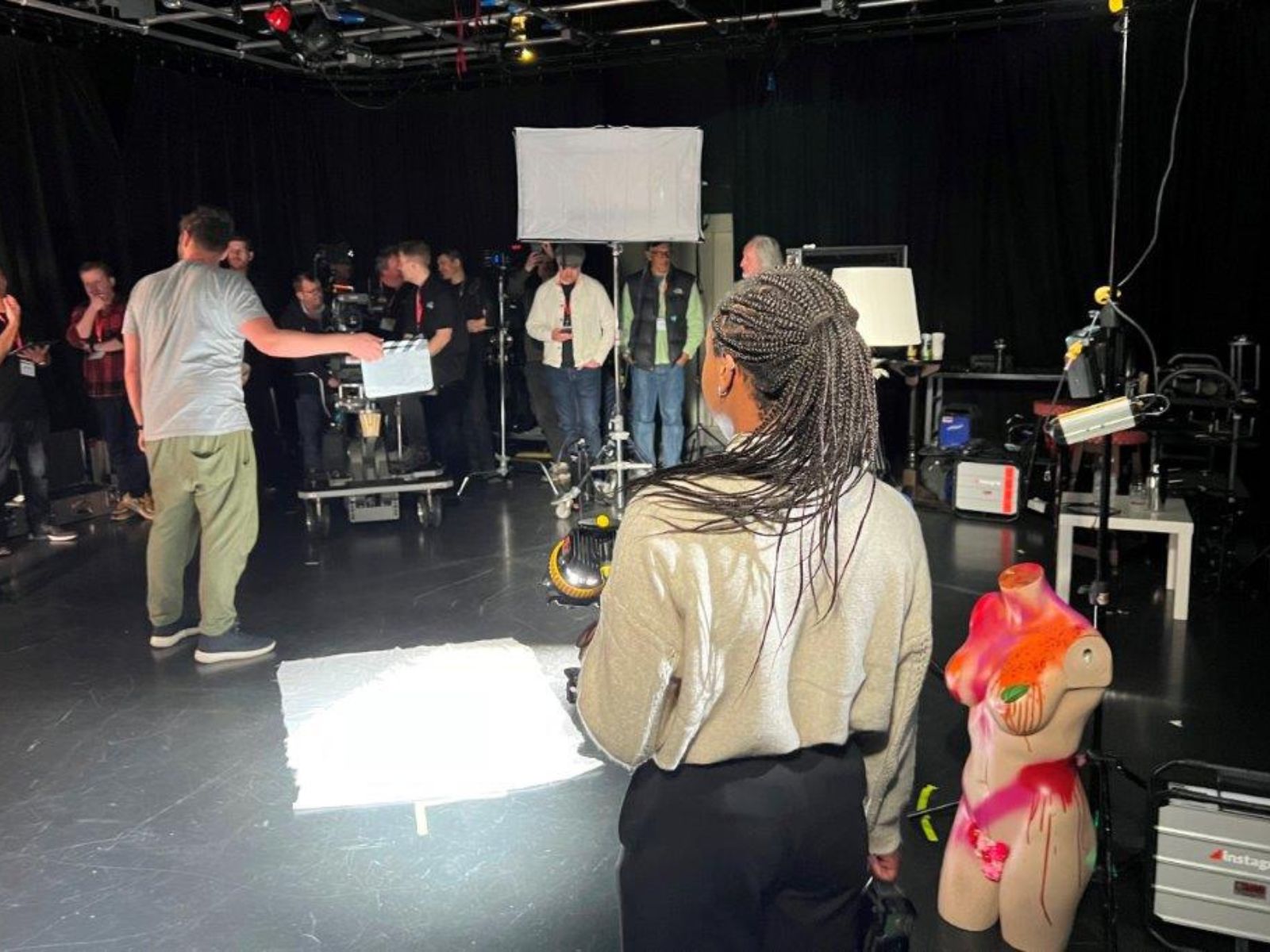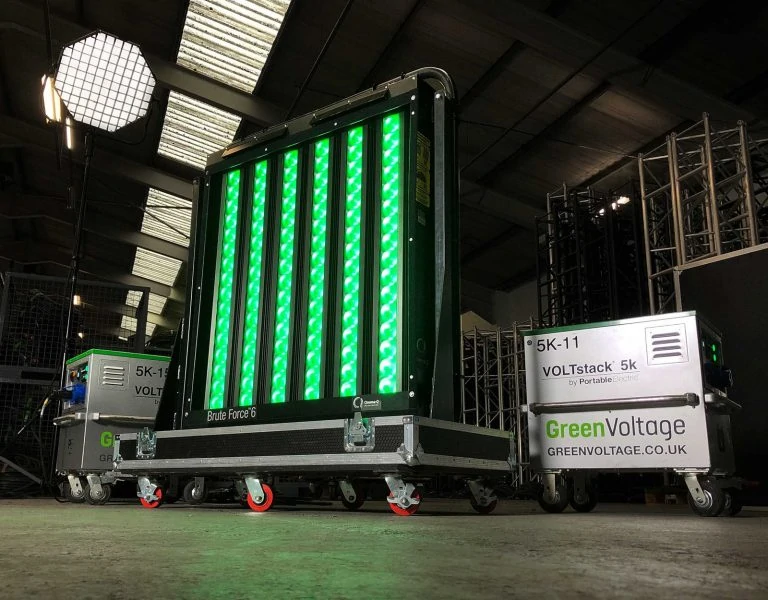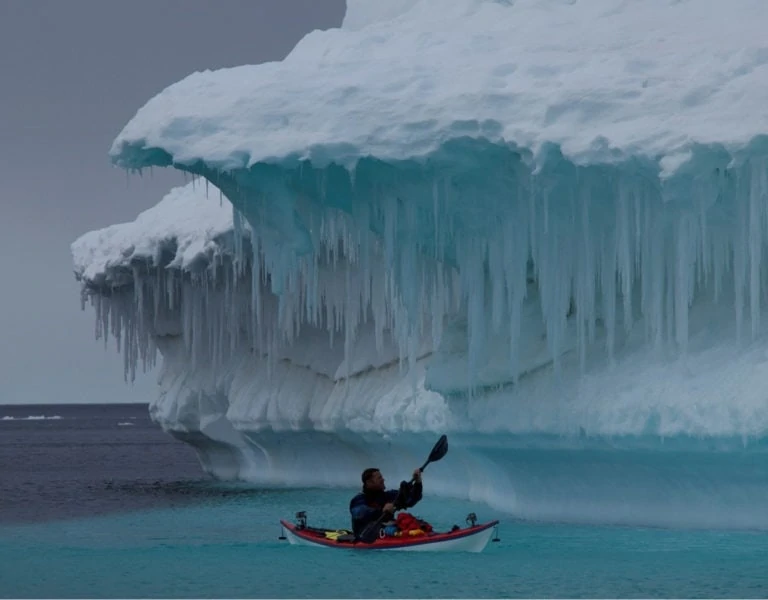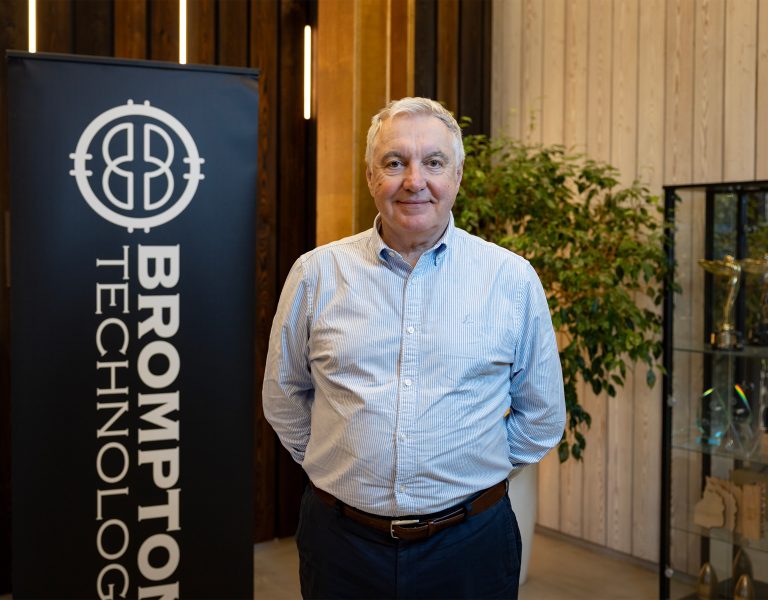
VMI has completed its third Carbon audit, which confirms that CO2 emissions have reduced for a 3rd year and are now at half of 2019 levels, two full years ahead of schedule from 213T CO2e to 121.4T CO2e, a reduction of 48.12% compared to the 2019 baseline and a 43% saving from 2021.
Upon completion, VMI surveyed its staff and clients to decide on a carbon offset scheme which all supported and which were approved and recognised by Albert, the UK’s premier sustainability hub for film & TV.
VMI paid to offset their 121.4T of CO2e carbon emissions generated in 2022 to invest in a project to preserve the Brazilian Rainforest to avoid deforestation over a 30-year project lifetime. In doing so, VMI has become an Albert-certified Carbon-Neutral company, since 2022.
Sustainability company, Creative Zero scrutinised all VMI’s measurements to create a very accurate assessment of VMI’s emissions for the entire 2022 financial year, which included surveying its staff for commuting methods and checking whether the power used at home came from sustainable sources.
VMI began its net-zero campaign back in 2021 and committed to halving its 2019 CO2 emissions by 2025 and achieving net-zero by 2030
CO2e Emissions without capital expenditure, for which the reporting organisation has no direct control over, but does include all other relevant scope 3 emissions are as follows:
213tnCO2e to 121.4tnCO2e a reduction of 48.12% compared to the 2019 baseline and a 43% saving from 2021.
Breakdown per scope
- Scope 1 emissions have been reduced by 4.1% 2021 figures from 37.6tnCO2e to 36.055tnCO2e
- Scope 2 emissions also increased from nil to 2.04tnCO2e, which accounts for emissions generated through charging EV’s off-site.2
- Scope 3 (excluding CapEx purchases) emissions have decreased by 53% from 175tnCO2e to 82.288tnCO2e.
Read the full VMI 2022 Carbon Audit Report prepared by Khandiz Joni of Creative Zero here.
VMI POLL CLIENTS AND STAFF DECIDE ON A SUITABLE ALBERT-APPROVED OFFSET SCHEME
With so many Carbon Offset schemes available, some of which being not particularly effective, so how to decide on a suitable offset scheme was the quandary facing VMI.
So VMI turned to Albert, the home of sustainability for the film & TV Industry and found 3 approved projects which they liked and surveyed their staff and clients to see which they preferred and committed to selecting the most popular.
An online poll was set up to choose between a renewables project, a nature-based project and a community-based project and the nature-based scheme was overwhelmingly voted for, which was selected, so VMI paid to offset their 121.4T of CO2e carbon emissions generated in 2022 to invest in a project to preserve the Brazilian Rainforest to avoid deforestation over a 30-year project lifetime.
In doing so, VMI has become an Albert-certified Carbon-Neutral company, since 2022.
VMI have no intention of stopping there either, already in 2023, they have increased the total solar PV provision over two buildings from 20KW to 50KW and in doing so, aim to generate most of their own power from the sun and by the end of 2024, plan to replace almost all of their diesel van fleet to EVs. The future of VMI is most definitely green.
CARBON OFFSET PROJECT APPROVED BY ALBERT
VMI recognises that being carbon neutral is not the same as achieving net-zero but in supporting approved offset schemes, they are taking a further positive step towards making positive contributions to the environment while actively eliminating waste and carbon emissions from our activities.
About The Brazilian Rainforest Project
Brazil contains more than 490 million hectares of forest, covering 59% of its entire territory and putting it in second place for nations with most forests worldwide. Most of this forest consists of the incredibly biodiverse Amazon rainforest. Despite covering only 1% of the planet’s surface, the Amazon is home to 10% of all known wildlife species, with many more being described each year.
However, Brazil has at times also been the country with the highest level of forest loss in the world. Between the years 1990-2015, 53,167,000 hectares of forest were cleared, with an average rate of loss of 0.4% a year. The expansion of the agricultural sector due to cattle ranching, soy farming, timber collection, infrastructure and colonization has contributed to this historically high deforestation rate, which is concentrated in the northern portion of the country, where the Amazon rainforest lies.
PROJECT
The primary objective of this Agrocortex REDD+ project is to avoid the unplanned deforestation of the 186,389.66 ha project area, consisting of 100% Amazon rainforest. This project aims to avoid 30,0006 ha of deforestation which equates to 14,507,808 tonnes of CO2e in emissions reductions over the 30 year project lifetime.
The project will avoid unplanned deforestation by implementing a ban of unplanned logging and other unpermitted degradation within the project area. An increased level of monitoring will be carried out to prevent invasion of illegal deforestation by outside agents. Additionally training of fire brigades and periodic maintenance of fire extinguishers and forest machinery will be implemented to reduce destruction caused by fires in the area.











